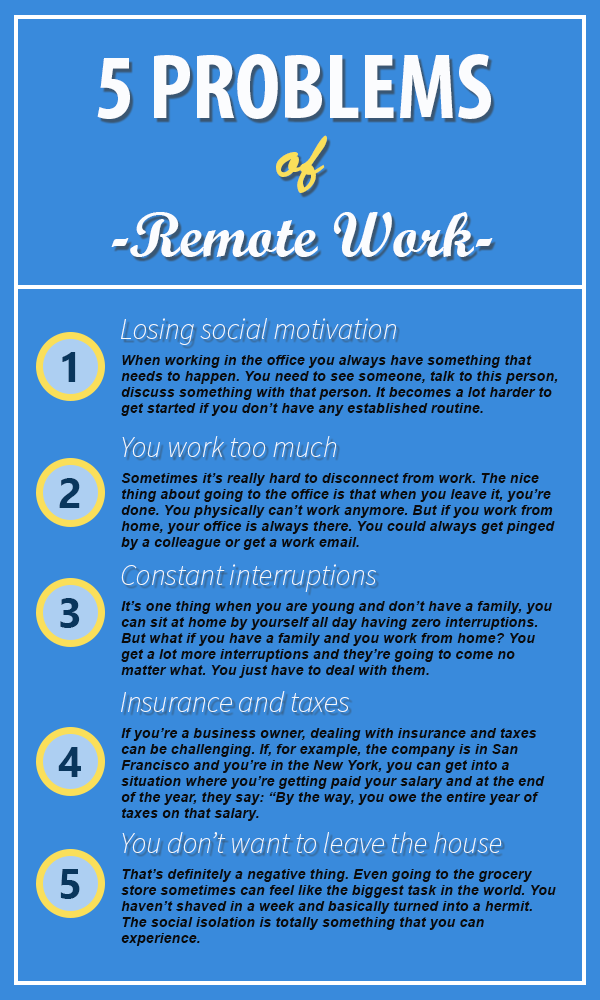After the euphoria, there is often disillusionment. With many young professionals, the level of commitment and performance quickly drops sharply.
Two reasons can cause the hangover in the first job.
Those who start their first job usually experience a phase full of positive emotions in the first few months. We have the feeling that we emerged victorious from a strenuous application process. The exchange with the new colleagues is exciting. Industrial psychologists call this phase “honeymoon”. After this honeymoon, however, there is often a feeling of disillusionment. Even with many highly talented people, a phase of euphoria is followed by a decline in commitment and sometimes also in performance.


Why is the euphoria of young professionals so quickly followed by disillusionment?
Of course, nobody can perform their entire professional life one hundred percent every day and be full of zest for action – and maybe they shouldn’t. But the question arises to me, why with so many young people, the euphoria after a successful application process turns so quickly into a phase of disillusionment.
Hangover in the first job: It could be due to these two reasons
I have observed that there are two main reasons for this: poor fit and poor leadership.
# 1 reason for the hangover in the first job: poor fit


A lack of fit means that a person’s characteristics, values and skills do not fit the job description, corporate culture, work environment or team dynamics. On the one hand, a lack of fit arises from the fact that many companies describe their culture, their structures and their work processes in a more modern, innovative and inclusive way than they actually are.
Although many companies are still very traditional in their internal structure, it is now good form to use the central buzzwords of New Work when describing the organization. Flat hierarchies, a culture of error and participation are quickly mentioned, even though all of these things are extremely challenging to implement in the real world of work. As praiseworthy as it is that more and more traditional companies want to adopt the principles of New Work for themselves: It would all be more helpful if companies only made promises that they can keep in their day-to-day work.
A lack of fit also arises from the fact that we draw a picture of ourselves when applying for a job that only partially corresponds to reality. Especially when an application process takes a long time, we develop a commitment to the future job. We have then usually already invested so much energy that we become less critical when it comes to assessing whether our characteristics and the characteristics of the job really match each other. Therefore – regardless of how attractive a company’s brand is or how long we’ve been looking for a suitable job – we should pause for a moment and ask ourselves: Do this job, this team, this organization and I really fit together?
And then there is the form of poor fit, which arises from the fact that more and more companies have recognized that it is beneficial for their own productivity and innovation to set up diverse teams. Many studies show that the diversity of teams and their creativity and problem-solving skills are positively related. For example, a study by the Boston Consulting Group that looked at 1,700 companies in eight countries found that organizations with more diverse management teams generate 19 percent more revenue from innovation. In practice, however, this means that the people who are hired as “diversity boosters”, at least in the initial phase, have to deal with a high degree of non-conformity and moderate it themselves – and not everyone succeeds in that.
# 2 Reason for the hangover in the first job: Bad leadership
The second reason for the relatively short honeymoon for young professionals is, in my opinion, the low average management quality. In many companies, the principle still applies: the longer someone is in the company, the more managerial responsibility they get. However, leadership qualities do not result automatically from having been doing a certain thing for a long time. Leadership is a separate skill that requires talent and training. And so it happens that young, highly talented people often meet mediocre managers – and are quickly frustrated as a result.
In addition, as Tomas Chamorro-Premuzic, professor of organizational psychology in New York and London, said in his book “Why Do So Many Incompetent Men Become Leaders?” describes that employees, too, are often subject to a misjudgment of the qualities that make a manager a good manager. The manager, who constantly jokes in the job interview and seems extremely convinced of himself, may be an entertaining interlocutor during afterwork. Really effective managers are more likely not to overestimate their own abilities, to be empathetic and to be extremely honest.
Also Read:
- Rumor Mill: Will Walmart Invest In Bitcoin Soon?
- How to ask for a raise at work (and how to know first if you are being paid less than you deserve)
- Cardano hard fork “Alonzo” is coming at the end of April
And, it should be noted in the week of International Women’s Day, women often have a stronger natural talent than men for these skills. Before you accept a job offer, ask yourself: Is my future manager really the kind of manager who holds the team together even in difficult situations and who makes the best skills of all team members shine? Or is it the right companion for the next nightcap in the bar – and nothing more.

